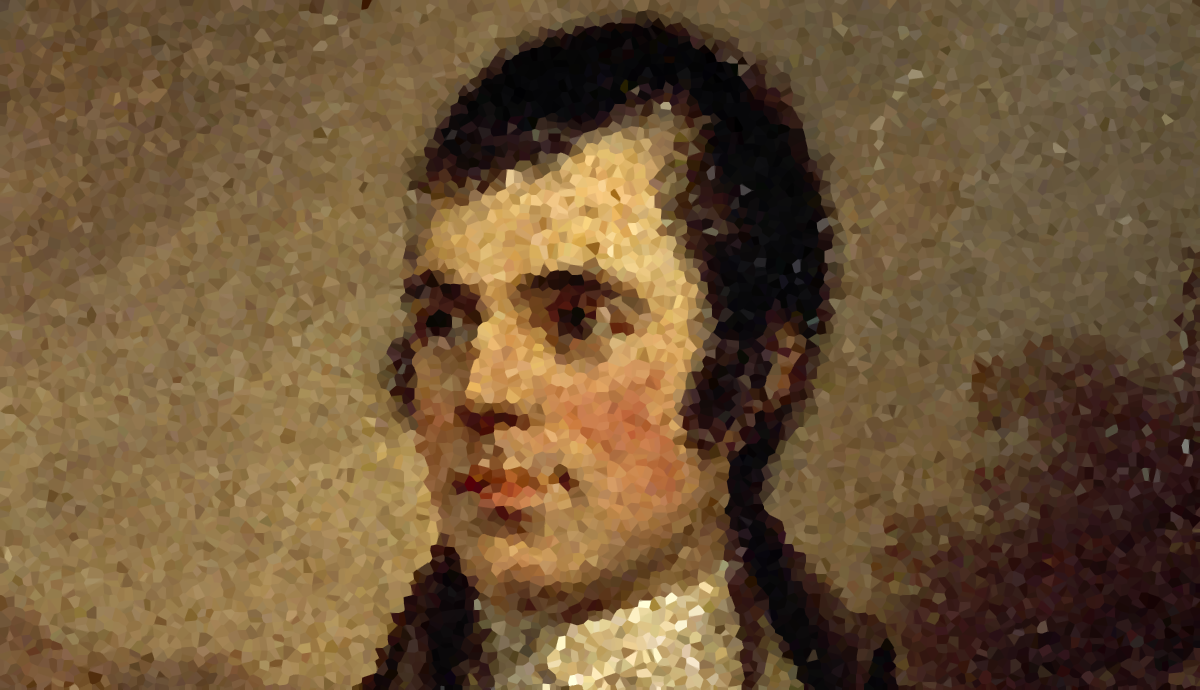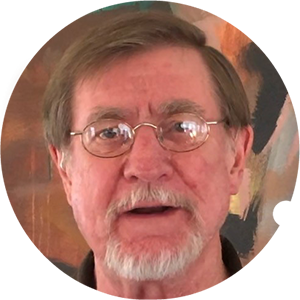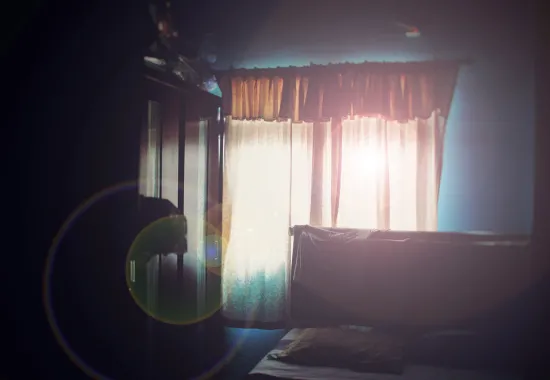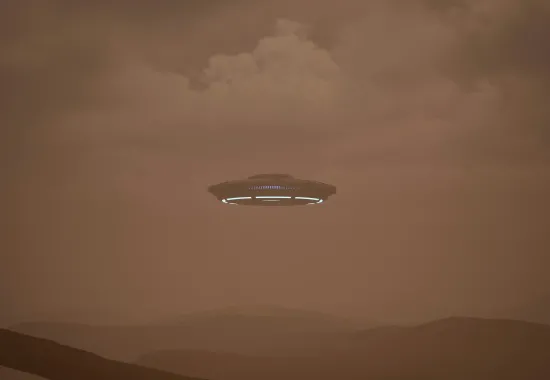From Scotland to Kansas—A Diaspora
Discovering: By your sons in servile chains
My family made our own pilgrimage to Scotland in May 2002, more a journey of discovery than recovery. If my grandmother recovered her Scottishness and my father deepened his, mine was a research trip, partly funded by my university, toward writing my Scottish novel. Our daughter, Eleanor Goudie-Averill, was twenty years old; our son, Alexander Goudie-Averill, five. My wife, Jeffrey Ann Goudie, whose Scottish forebears emigrated to the United States around the same time as mine, also had research. Her Goudie kin were from the southwestern tip of Scotland, the parish of Kirkmaiden, near Port Logan. She followed the path of other Goudies who had explored family roots. She found her great-great grandparents’ graves, and stood in the Fish Pond House, now a museum, where they had been fish keepers for the Lord of Logan. I followed my family’s path to Dalbeattie, Dumfries, Alloway, Ayr, Kirk Alloway and Edinburgh.
We landed at the Glasgow airport and drove north to Bridge of Allen. We visited nearby Stirling and climbed the Wallace Monument—246 jet-lagged stairs. Alex, at five, was impressed by the Wallace Sword, five-and-a-half-feet long and weighing six and a half pounds.
The trip was all discovery for me as I followed my grandmother’s and my father’s paths
In Dumfries, at a museum, Alex found a drawing of William Wallace for kids to color; on the back was Burns’ “Robert Bruce’s March to Bannockburn” (1793), more popularly known as “Scots Wha Hae.” As a bagpiper, I knew the tune, but not the words, nor the 1314 battle when Robert the Bruce defeated King Edward’s army in the first war of Scottish Independence. Alex and I memorized the poem during the trip. He can still finish any line I begin. I delighted in hearing our five year old pronounce, indignantly:
By Oppression’s woes and pains!
By your Sons in servile chains!
We will drain our dearest veins,
But they shall be free!
Had Stu been alive, he would have been delighted, too.
We sat in the Burns chair at the Globe Tavern. We visited that same house where Burns, nearly impoverished, scratched his name, knowing, as he told his wife: “Don’t be afraid; I’ll be more respected a hundred years after I am dead than I am at present.” We stood before the generous hearth of the Burns Cottage at Alloway. We visited the Robert Burns Birthplace Museum in Ayrshire, with its Burns Memorial and Gardens. We watched a film of “Tam O’ Shanter,” then followed Tam’s journey from Kirk Alloway to the Brig O’ Doon. We photographed the lichen-covered tombstone etched with the epitaph Burns wrote for his father. We walked Edinburgh’s Royal Mile, visiting The Writer’s Museum, sitting at Burns’ writing desk. As my grandmother and father learned, Burns was everywhere. And, like them, Jeffrey and I felt very much at home, comfortable among the Scots in a way that surprised us. Part of that was their kind hospitality. Tourism was sharply down due to a bovine spongiform encephalopathy (mad cow disease) outbreak in 2001, and more significantly, because of September 11, 2001. During our trip in May 2002, the Scots, just as the MacPhersons had the Carsons, adopted us “broken people” as part of the clan.
The trip was all discovery for me as I followed my grandmother’s and my father’s paths, reliving their stories, making their passions and their journeys real and tangible. Robert Burns strides through all this recovery and discovery, his poetry resonating with cultural and family memory.
Recommended
I Have Only Dreamed You Dead, For Now.
Encounter
Schizophrenic Sedona






